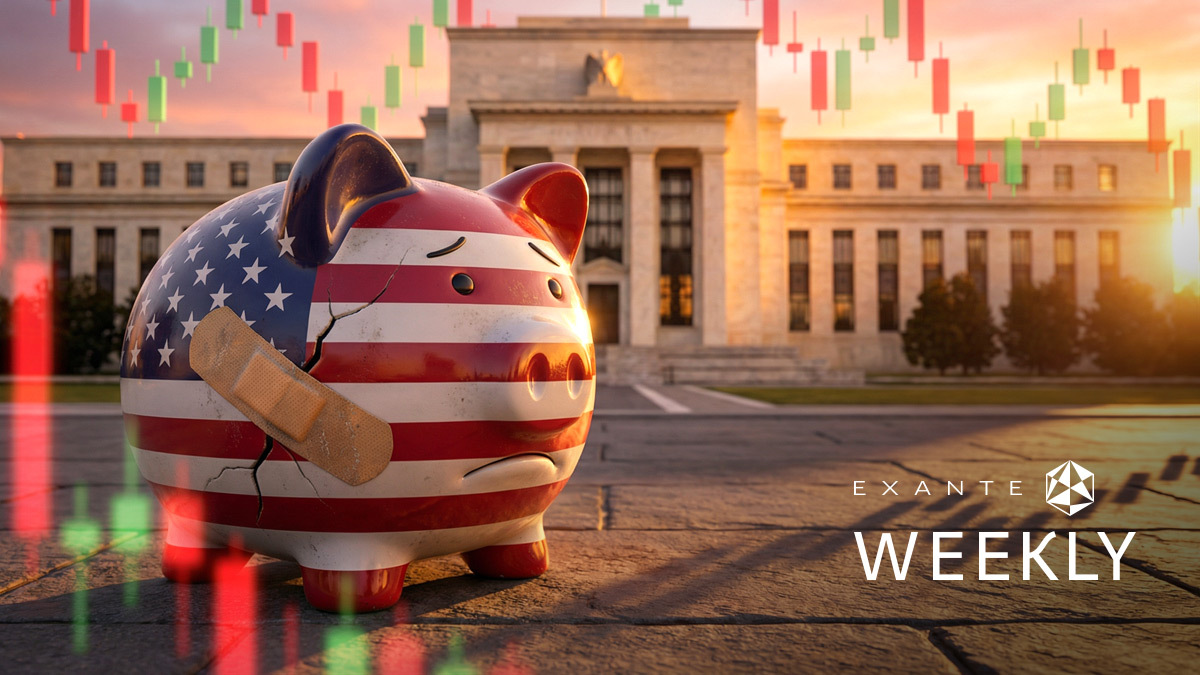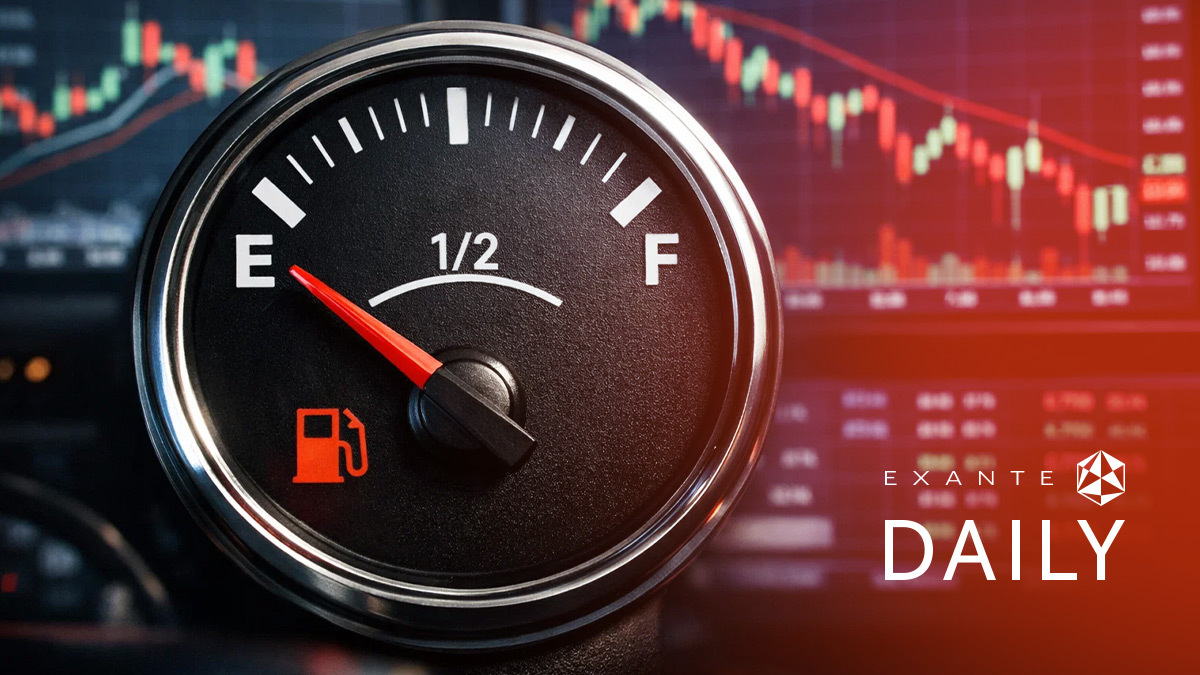
EXANTE Macro Insights

Investors are left depressed and uncertain as inflation continues its climb, central banks tighten, and a soft landing seems less likely.
- All rise for the ECB
- Forecasters folly
- Commodity Curmudgeons
- Virtual volatility reductions?
US:
S&P 500 is down about 14% YTD
Nasdaq is down almost 23% YTD
Dow Jones is down almost 23% YTD
Europe:
Stoxx 600 is down about 10.5% YTD
DAX is down over 10% YTD
CAC40 is down almost 11% YTD
IBEX35 is up almost 0.5% YTD
FTSE MIB is down over 12.5% YTD
FTSE100 is up over 1.5% YTD
Global:
MSCI World Index is down over 13.5% YTD.
Bitcoin is down about 35% YTD
Up, up and away? With inflation at 8.1% in May, the ECB has finally said that it is raising rates by 25 bps in its July meeting and expects to do so again in September, “possibly by a bigger margin”; its bond buying programme will end 1 July. Its latest inflation forecast is 6.8% in 2022, 3.5% in 2023, and 2.1% in 2024. It’s hoping that moderating energy costs, the easing of pandemic related supply disruptions and increasing interest rates will bring it down. The rise in inflation combined with ECB’s tougher stance led bonds upwards while the Euro weakened.
Failing forecasts The World Bank on Tuesday revised its global growth forecasts down by nearly a third to 2.9% for 2022, warning that many countries now faced recession.World Bank President David Malpass said global growth could fall to 2.1% in 2022 and 1.5% in 2023, driving per capita growth close to zero. The OECD revised their global growth forecast down to 3% from January’s 4.5% with the situation worsening; it now forecasts 2023 growth to only 2.8% (down from January’s forecast of 3.2%).
Cranky commodities Lockdowns in China and the inflation and geopolitically fuelled run to the safe haven USD have hit some commodity stocks like First Majestic Silver, Agnico Eagle Mines and Southern Copper Core, but there is increasing hope that some commodities, including stainless steel, will see a rise in demand as new projects, particularly in the energy sector, come into fruition. This will be good news for big stainless steel players like Acerinox which is allegedly already in discussions with Aperam SA, the stainless steel producer spun off from ArcelorMittal SA, to form a joint venture.
Stabilising stablecoins? A new US Senate bill would change the rules for cryptos, including sanctions compliance, stablecoin oversight and energy usage. A requirement that stablecoin issuers maintain 100% reserves and publicly disclose the assets backing their token. While it is highly unlikely that the bill will pass ahead of November’s midterm elections, it could serve as a starting point for later negotiations. This comes on increasing pressure from the US Securities and Exchange Commission (SEC) which wants banks holding digital assets to hold equity against it; this could effectively make it too costly for banks to hold crypto for clients. The law of unintended consequences could leave holders of Bitcoin and Cryptocurrency ETFs like Volt crypto industry revolution and tech ETF and Bitwise Crypto Industry Innovators ETF in uncertain territory.
Key data to look out for this coming week
In Europe: On Tuesday there is German Harmonised Index of consumer prices, and on Wednesday EU industrial production data.
In the US: CPI and the Michigan consumer sentiment index on Friday, PPI on Tuesday, Retail sales on Wednesday and the Fed interest rate decision and economic projections also next Wednesday. Markets are preparing for further rises as demand remains strong (despite a slight rise in unemployment claims this week). As noted on 8 June by IMF First Deputy Managing Director Gita Gopinath, US inflation may remain above target for a long time and overall, the risks are towards much steeper increases in rates. This echoed US Treasury Secretary, and former Fed chair, Janet Yellen’s comments to the Senate Finance Committee that she got it wrong last year and that high inflation would likely persist for this year.
In the UK: Claimant count, unemployment and average earnings data on Tuesday and the Bank of England rate decision on Thursday. Traders are already betting that the BoE may go for a 50 bps rise as inflation hit 9% in April. The UK is subject to not only rising energy prices, but government plans to compensate consumers which may also add fuel to the inflation fire. And of course, for the BoE, they can’t do much about supply issues; the UK has had supply constraints from the pandemic and is still coming to terms with Brexit restrictions on trade.
DISCLAIMER: While every effort has been made to verify the accuracy of this information, EXT Ltd. (hereafter known as “EXANTE”) cannot accept any responsibility or liability for reliance by any person on this publication or any of the information, opinions, or conclusions contained in this publication. The findings and views expressed in this publication do not necessarily reflect the views of EXANTE. Any action taken upon the information contained in this publication is strictly at your own risk. EXANTE will not be liable for any loss or damage in connection with this publication.
This article is provided to you for informational purposes only and should not be regarded as an offer or solicitation of an offer to buy or sell any investments or related services that may be referenced here. Trading financial instruments involves significant risk of loss and may not be suitable for all investors. Past performance is not a reliable indicator of future performance.




